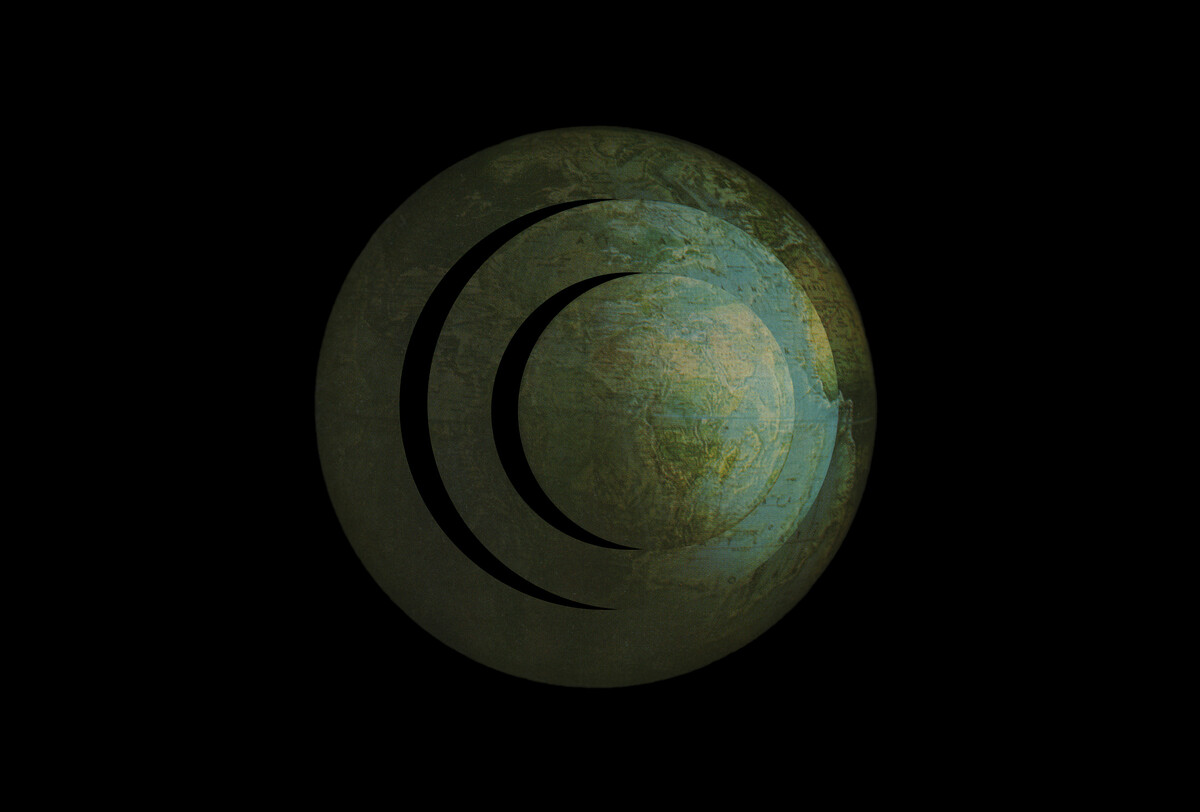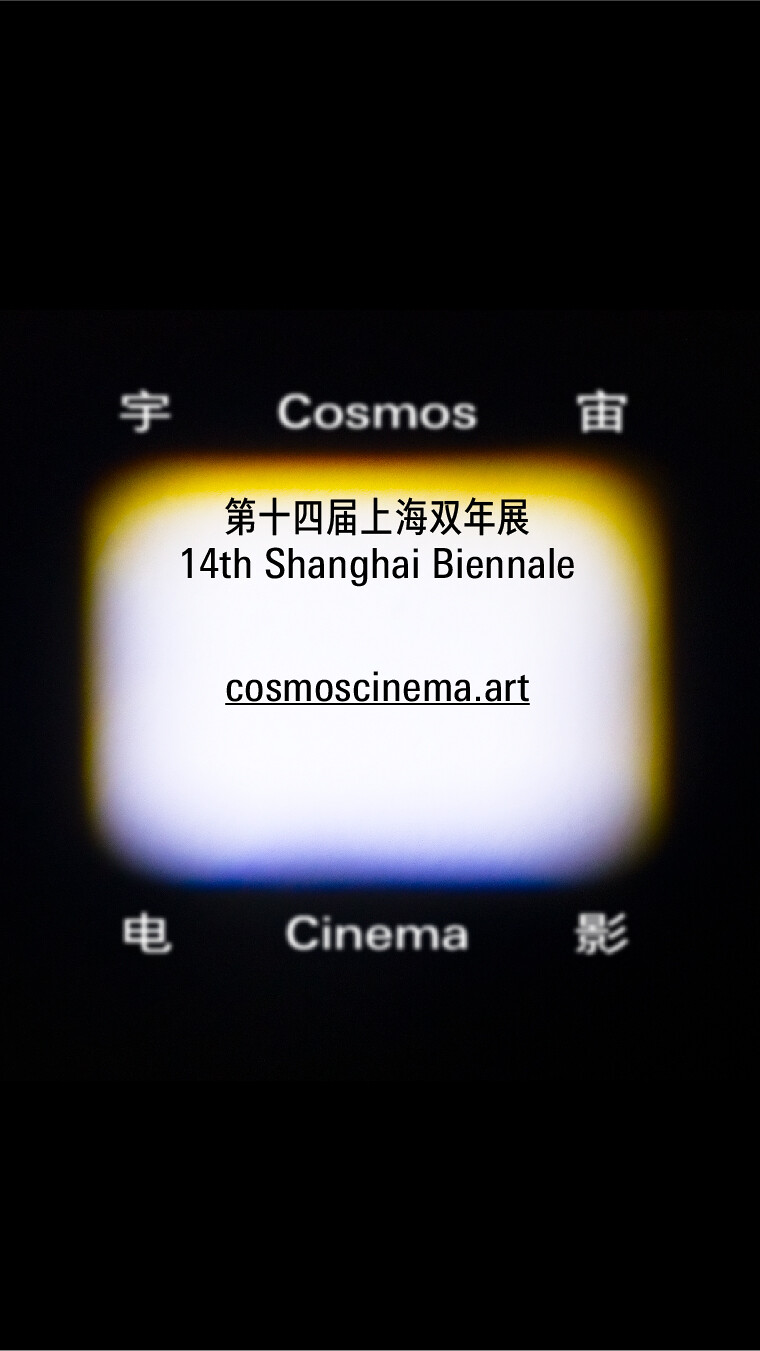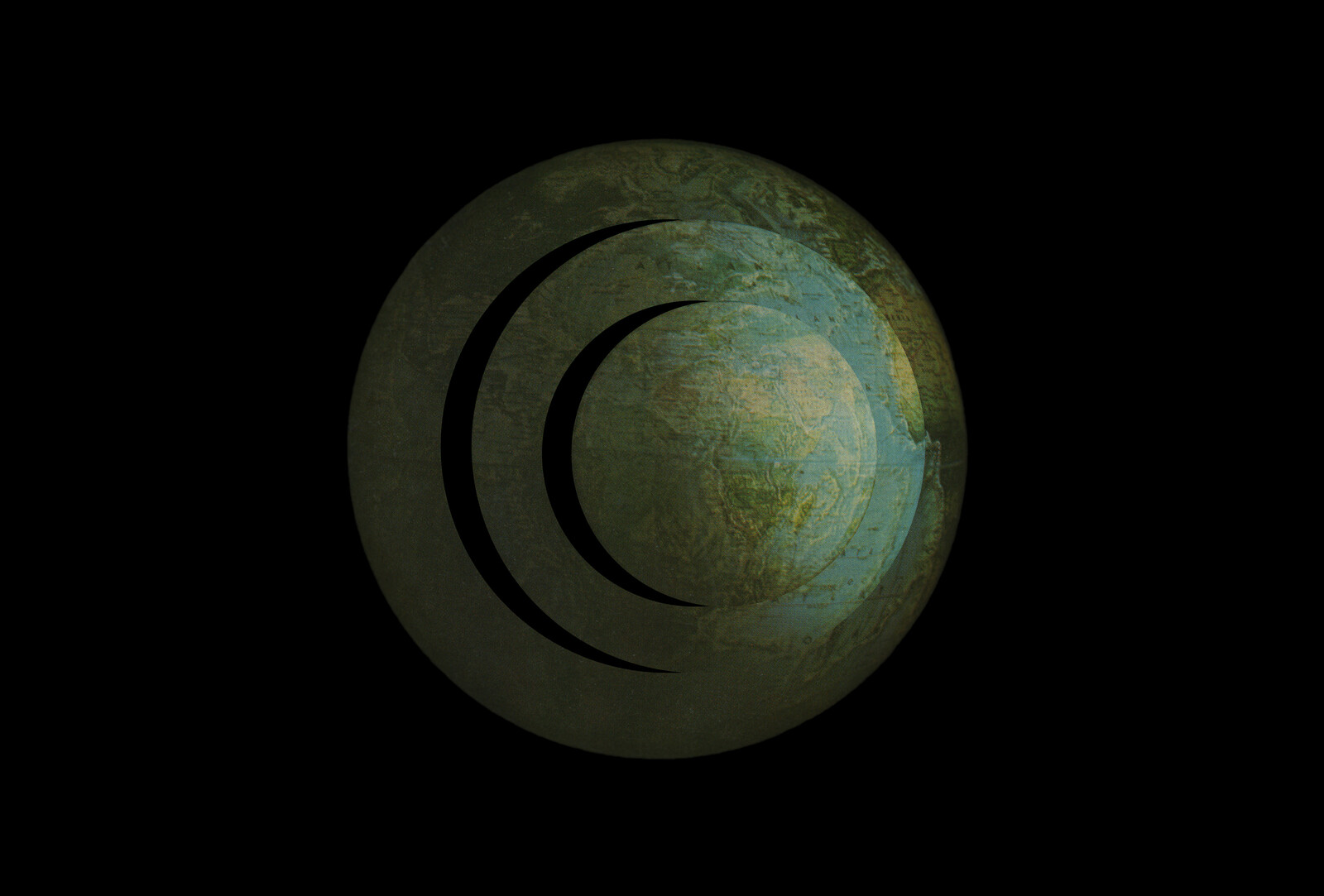October 11, 2013
On the occasion of the exhibition “Environments” by Pedro Neves Marques and Mariana Silva, join us for two evenings of talks, the first with Philip Mirowski, and the second with Timothy Mitchell and Alberto Toscano.
Oil flows have redistributed economies and democracies, volatilizing value far beyond the petrodollar. Like the synthesization of plastic materials, images of abstraction and transparency float in both physical and metaphorical terms: materials bend, stretch, flex, and defy our material eternity, while being lightweight and apparently detached from the social—just like markets and finance. How can capital retain its material miracle beyond another crisis, redefining politics and labor, as non-conventional oil and gas derivatives like fracking are considered the new frontier for energy sources? At a time when the “Neoliberal Thought Collective,” as Philip Mirowski defines it, faces climate change with the most uncanny strategies—from denialism, to cap-and-trade, to long-term bioengineering—while simultaneously using it to further dismantle social bonds, how will the relation between materiality and abstraction be socialized in the face of crisis?
Thursday, October 24, 8pm
Philip Mirowski, “The Biopolitics of the Biosphere Crisis”
Following his publications, Never Let a Serious Crisis Go to Waste (Verso, 2013) and Machine Dreams: Economics Becomes a Cyborg Science (Cambridge, 2002), Professor Philip Mirowski will discuss the separation of economics from the social and the idea of self-regulating markets as a world-scale cybernetic information processor. How has the historical reciprocity between visions of nature, science and economics informed this model? And, more urgently, how has an anti-ideological movement like neoliberalism been able to build headless horizontal strategies, that are inclusive of differences and resilient to the current crises, including climate change, when most of the Left expected it to finally fail?
Thursday, October 31, 7pm
Timothy Mitchell, “Can we have Carbon Democracy?” and Alberto Toscano, “Politics of Circulation”
In his book Carbon Democracy (Verso, 2011), Timothy Mitchell traces the history of oil from the perspective of oil itself. Mitchell will discuss this ontology-centered history, to present not only the story of how oil constituted a centralized energy system capable of disrupting labor struggles and reconfiguring workplaces, but also of how it defined the understanding of the economy as a global system of endless growth without limits.
Alberto Toscano will address how the material conditions for the accumulation and circulation of capital are increasingly perceived as pressure points for political action—from military strategies for ‘switching cities off’ to port blockades that revisit the tactics of class struggle in carbon democracies. Where the traditional patterns and mediations of political conflict have given way, the interruption of circulation appears as the sole way to act upon increasingly intangible, or indeed abstract, forms of domination, whose most recent emblem can be found in the automation of finance. What kind of politics emerges when circulation gains primacy over our practices and imaginaries, rather than production, or distribution?
Philip Mirowski is Carl Koch Chair of Economics and the History and Philosophy of Science, and Fellow of the Reilly Center at the University of Notre Dame. He is author of, among other publications, Machine Dreams (Cambridge, 2002), The Effortless Economy of Science? (Duke, 2004), More Heat than Light (Cambridge, 1989), ScienceMart: privatizing American science (Harvard, 2011) and Never Let a Serious Crisis Go to Waste (Verso, 2013). He is the editor of Agreement on Demand (Duke, 2006) and The Road from Mont Pèlerin: the making of the neoliberal thought collective (Harvard, 2009), and Building Chicago Economics (Cambridge, 2011) among other works. In addition to his work on the history and analysis of the commercialization of science, and the neoliberal transformation of the validation of information in academic life, he is also working on a computational complexity approach to the crisis, including the rise of dark pools and computerized automated trading, and a video lecture course on the History of the Twentieth Century (with Edward Nik-Khah and Tiago Mata). He was awarded the Ludwig Fleck Prize from 4S in 2006, and has been visiting professor at Yale, Oxford, NYU, Duke, Paris, and the University of Amsterdam.
Timothy Mitchell is a political theorist and historian who writes about energy politics, the history of the Arab world, and the role of economics and other forms of expertise in shaping contemporary politics. He teaches in the Department of Middle Eastern, South Asian and African Studies at Columbia University. His books include the recent Carbon Democracy: Political Power in the Age of Oil (Verso, 2011), and Colonising Egypt (Univ. California, 1991). He is the editor of Questions of Modernity (Univ. Minnesota, 2000). A new edition of his book Rule of Experts: Egypt, Technopolitics, Modernity, will appear next year.
Alberto Toscano teaches in the Department of Sociology of Goldsmiths, University of London. He is the author of Fanaticism: On the Uses of an Idea (Verso, 2010), Theatre of Production: Philosophy and Individuation between Kant and Deleuze (Palgrave MacMillan, 2006), and the forthcoming Cartographies of the Absolute (with Jeff Kinkle). He is a member of the editorial board of Historical Materialism and is the series editor of The Italian List at Seagull Books.
Both events are free, no rsvp required. Please contact laura [at] e-flux.com for further details.


